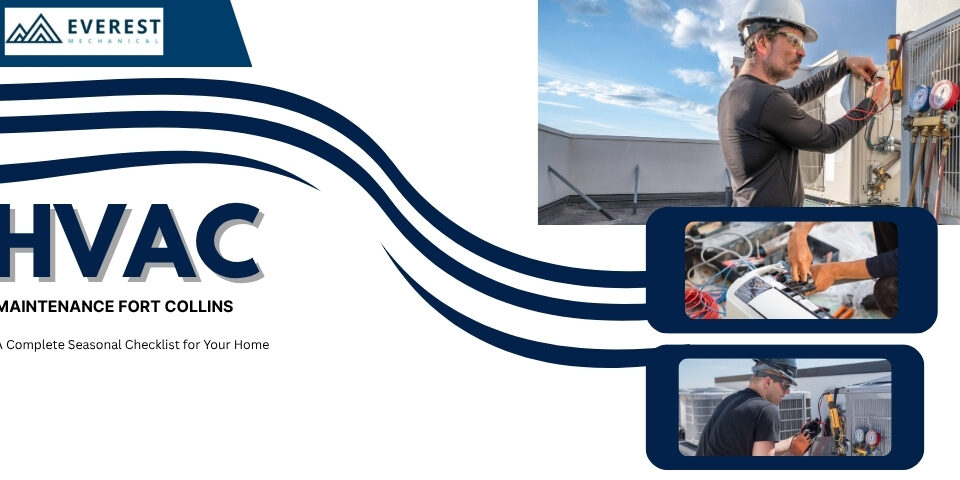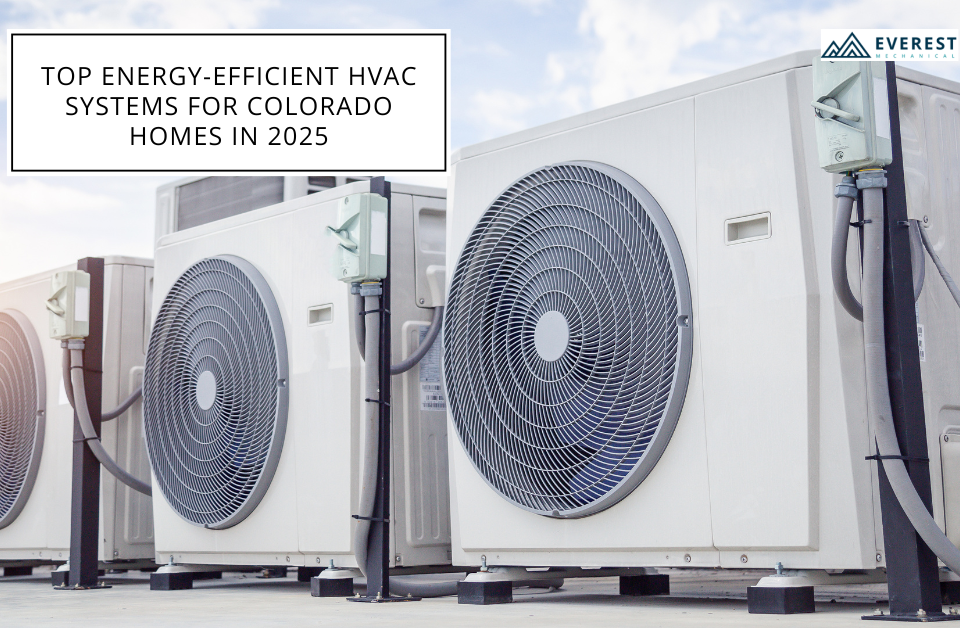- Servicing areas in and around: Estes Park, Longmont, Boulder, Arvada, Fort Collins, Denver, Loveland, and Lyons
- 8883880970
Tips for Optimizing HVAC Systems Efficiency Year-Round in Colorado

Keeping Cozy: Winterizing Your Home with Professional HVAC Services in Colorado
November 30, 2023
Mastering Efficiency: The Ultimate Guide to Furnace Filter Replacement
December 16, 2023Colorado’s breathtaking landscapes and varied climate make it a fantastic place to live, but this diversity also poses unique challenges for HVAC systems. From scorching summers to frigid winters, the Centennial State demands adaptable heating, ventilation, and air conditioning (HVAC) solutions. In this blog, we’ll delve into essential tips for optimizing HVAC systems in Colorado, ensuring year-round efficiency and comfort for residents and businesses alike.

Understanding Colorado’s Varied Climate:
Before we explore optimization strategies, let’s briefly understand Colorado’s climate. The state experiences a semi-arid climate, characterized by hot summers and cold winters. The drastic temperature fluctuations between day and night are a hallmark of Colorado’s weather. Additionally, altitude plays a crucial role, with higher elevations experiencing cooler temperatures.
Optimizing HVAC for Summer:
- Proper Sizing of HVAC Systems: Colorado’s summers can be scorching, especially in lower elevations. Properly sizing your HVAC system is crucial for efficient cooling. Undersized units may struggle to cool the space, leading to increased energy consumption, while oversized units may short-cycle, resulting in poor humidity control and comfort issues.
- Regular Maintenance: The summer heat can put extra strain on HVAC systems. Regular maintenance, including cleaning or replacing air filters, checking refrigerant levels, and inspecting ductwork, is essential to keep the system running smoothly. Dirty filters and ducts can reduce efficiency and compromise indoor air quality.
- Smart Thermostats: Invest in a smart thermostat that allows for precise temperature control and scheduling. This helps optimize energy usage by adjusting temperatures based on occupancy and time of day. Some models can even learn user preferences, further enhancing efficiency.
Optimizing HVAC Systems for Winter:
- Efficient Heating Systems: Winters in Colorado can be bitterly cold, especially in mountainous regions. Consider upgrading to high-efficiency heating systems, such as gas furnaces or heat pumps. These systems can provide consistent warmth while minimizing energy consumption.
- Sealing and Insulation: Proper insulation and sealing are crucial to prevent heat loss during the winter months. Check windows and doors for drafts, and invest in quality insulation to ensure that your HVAC system doesn’t have to work overtime to maintain a comfortable temperature.
- Programmable Thermostats: Just as in the summer, programmable thermostats are valuable during the winter. Schedule lower temperatures when the space is unoccupied or during nighttime hours to save on heating costs. Many modern thermostats also offer remote control through smartphone apps, providing convenience and flexibility.
Year-Round Efficiency:
- Humidity Control: Colorado’s climate can be dry, especially during the winter. Humidity control is essential for both comfort and energy efficiency. Consider adding a humidifier to your HVAC system to maintain optimal humidity levels, preventing issues like dry skin and static electricity.
- Air Quality Considerations: Colorado’s diverse landscapes bring various allergens and pollutants. Invest in air purifiers and regularly change air filters to maintain good indoor air quality. This is especially important for those with respiratory conditions.
- Energy-Efficient HVAC Upgrades: Explore energy-efficient upgrades, such as ENERGY STAR-rated appliances and HVAC systems. Incentives and rebates may be available for those who choose eco-friendly options, providing additional motivation for making the switch.
Optimizing HVAC systems in Colorado’s varied climate requires a thoughtful approach that addresses the specific challenges posed by the state’s weather patterns. Whether it’s scorching summers or freezing winters, implementing the tips outlined in this blog can help residents and businesses achieve year-round efficiency, enhancing both comfort and sustainability. By investing in proper sizing, regular maintenance, smart technologies, and energy-efficient upgrades, you can ensure that your HVAC system is well-equipped to handle Colorado’s ever-changing climate.




